

At this point, I’m sure that you’ve become accustomed to working from home. You’ve probably even had to come up with creative ways to stay connected with your team remotely. Of course, we are all on our way with the COVID-19 vaccine — but for some of us — work from home has become the new norm.
I’m sure that you’ve already been surrounded by numerous productivity and collaboration tools — but here are a few more options that may have flown under the radar. I would download them now and experiment with them so that you can continue with this summer in a more fruitful and productive yet less stressful manner.
1. Calendar
Available on the web, Android, and iOS, Calendar is a free app that uses machine-learning algorithms to deliver smart scheduling functionality. That’s just a technical way of saying that it learns your schedule and interactions to automate meetings and events.
Calendar will also send out automatic invites and even updates if there’s a schedule change. Moreover, it integrates with any connected calendars, including Google Calendar, Outlook, or Apple Calendar.
But that’s not all. Calendar also syncs with leading project management, sales and marketing, and video conferencing tools. There are also analytics and multiple calendar views so that you can easily see how you’re spending your time or what’s around the corner.
While there is a free option, you might want to select the Pro plan at just $8/month. It comes with additional features such as unlimited scheduling slots and phone support.
2. Todoist
When it comes to the best to-do-app, Todoist is the king of the hill. The reason? It’s packed with intuitive features, namely natural language input and productivity reports.
Additionally, since it pretty much across every device, you can sync and view your lists from anywhere. That means if you added a task, like emailing a meeting agenda from your laptop, you can update or receive reminders on your iPhone or Apple Watch.
For a free app, you can’t complain about the interface. It’s clean and easy to read. Todoist also plays nice with the Google and Outlook suite of tools, as well as Slack. And, with the free version, you can collaborate with up to five people — paid versions start at just $3/month.
3. Monday.com
If you’re working with others, then you definitely need a collaboration tool. Right now, that platform is monday.com — which won the 2020 Webby Award for Productivity in the category Apps, Mobile & Voice.
What makes monday.com stand out is its bright and straightforward interface. In fact, the company claims that you can set everything up in just five minutes. After you do, you’ll have a one-stop virtual platform where you and your team can collaborate, communicate, and engage with one another — just as if you were in the same workspace together.
It also integrates with a wide range of tools like Gmail, Outlook, Microsoft Teams, Slack, Zoom, and LinkedIn. Need more? Monday.com automates recurring tasks and allows you to visualize your work with calendar, timeline, and kanban views.
If there’s a downside, it’s that monday.com can get pricey. For instance, the Basic Plan starts at $8/per seat.
4. Kudos
Looking for a way to replicate those in-person high-fives you used to have with your team? You can now give your peeps a virtual high-five thanks to Kudos.
Kudos is an employee recognition program that comes equipped with features like real-team feedback and a built-in social feature to have team celebrations. You can also reward high-performing team members with a points system with local gift cards or global eGift cards.
In turn, this will improve your culture and help retain your top talent. And, to sweeten the pot, Kudos has earned 19 badges and a number 72 ranking from the Best Software Awards by G2.
5. Mural
Do you miss those clutch brainstorming sessions with your team? You know, the ones where people were frantically scribbling on a whiteboard. Or, the office was full of sticky notes?
Mural can’t precisely replace those in-person sessions. But it can get pretty close. That’s because it allows you to generate various virtual brainstorm and meeting types.
There’s also a timer so that you can stay on schedule and comment and quick-talk features. Following a free trial, plans start at $12 per user per month.
6. ClickUp
Here’s another tool designed specifically for collaboration and project management — regardless of your business’s size. However, ClickUp also promises to be the “one app to replace them all as it also comes with:
- Docs and spreadsheets
- Goal tracking
- Time tracking
- Reminders
- Wikis
- Screenshots and recording
- Email and chat
- Resource management
What’s more, it can be integrated with other tools that you’re using like Google Drive, Outlook, Slack, Zoom, Dropbox. Pretty much, this tool does replace all of the other productivity tools that you’ve been using. As such, you’ll save time since you aren’t switching back and forth between platforms.
While there is a free plan — a more robust option starts at just $5 per member per month.
7. OnZoom
Since you’re most likely already using Zoom, you might want to give OnZoom a closer look. It describes itself as an online events platform and marketplace. The public beta version was released in October 2020 and can be used to attend or create events, including concerts, virtual trips, and classes ranging from yoga to overcoming burnout.
For savvy entrepreneurs, this may be a way to grow or launch a business. Or, it could be an excellent tool to help you learn new skills or make the most of your downtime.
8. Range
For Slack users, this is a handy app that allows you to run ongoing status updates. In turn, you won’t have to schedule as many meetings. Instead, log in and fill in the check-in field to let others know what your daily plans are.
Range can also be used to provide updates so that everyone is in sync. You can also share your mood and ask questions to check in on your team’s morale. Overall, Range is a great tool, not only stay-on-track with projects but also fosters a connected culture.
9. YourHonor
One of the main drawbacks of working from home is that you are “always on.” Think about it. From the moment you wake up to falling asleep, you’re connected to your devices.
Eventually, this makes it more difficult to separate your home life from your professional one. Even worse, being glued to your electronics all day can damage your productivity and health. Thankfully, YourHour is an app that can make this a problem of the past.
It’s essentially a productivity tracking tool that tracks how long you spend on your phone. It even lets you know how many times you check your phone. Knowing this, you can change this habit so that you can become less dependent on your phone.
10. Noisli
Finally, there’s Noisli. Again, the app is pretty straightforward. It just provides background sounds to mask annoying background noises at home to improve your focus.
For one user, Nosli is free. However, if you want to gift the app to your team, plans begin at $10/month. You can download the app on the App Store, Google Play, or the Chrome Web Store.
Image Credit: anna alexes; pexels; thank you!
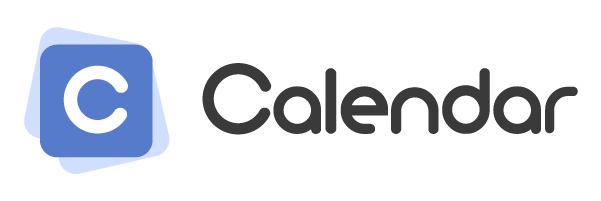



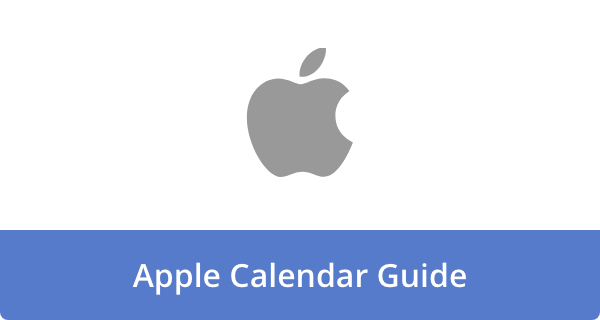

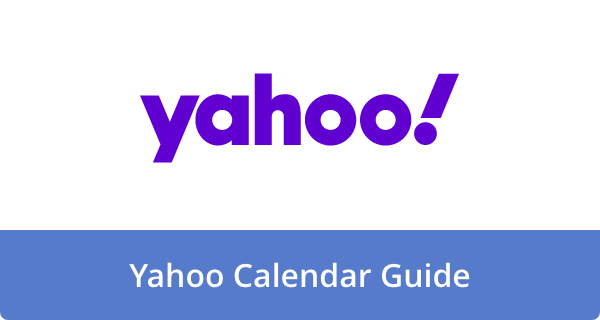

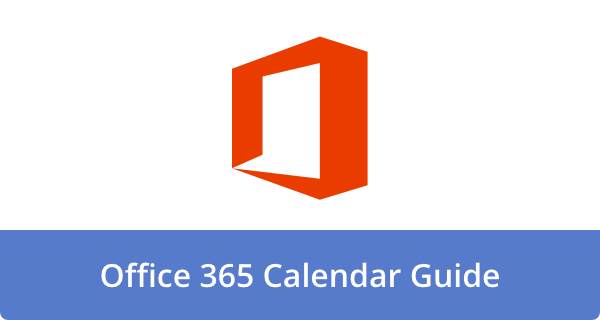

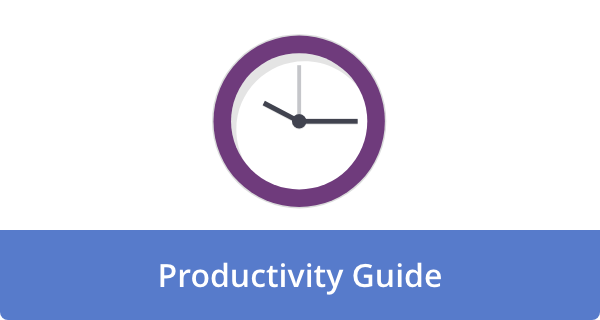







Albert Costill
My name is Albert Costill and I'm a content marketer at Calendar. If I can help people become more productive in my journey, even better. If you ever have a question about your Calendar or how you can use it - - don't hesitate to reach out. I'm a Calendar Pro.